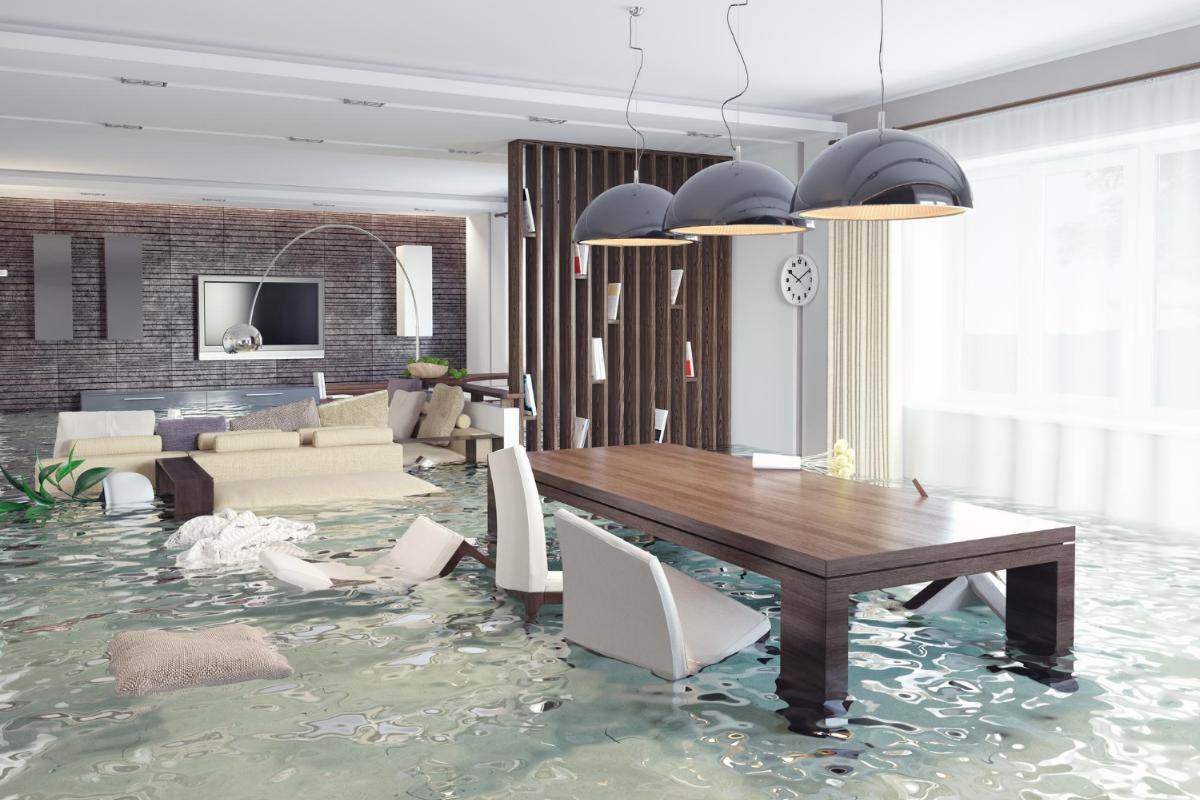Understanding Water Damage Insurance Claims and Coverage

Water damage is the second most prominent kind of insurance claim. People have numerous questions about what a home policy covers and why gradual damage is not protected. Exceptions in insurance policies for water-related damages make the issue even more complex. A typical homeowners policy may not protect:
- Flooding
- Overflow
- Sewage or water backup
- Accidental releases
Homeowner's insurance usually covers losses from weather variations like water damage, spring thaw, or winter storms. However, research predicts that weather pattern shifts will bring severe weather conditions to places traditionally not experiencing heavy winter storms. As a result, winter storm claims will probably rise. Luckily, damage compelled by a cold snap, spring thaw, or winter snow is grounds for claims by insured homeowners.
Different kinds of policies, risk factors, and impairments arise from weather that are protected by insurance. Homeowners might obtain support and compensation.
The most familiar causes of weather damage are:
- Downed trees
- Flood activity
- Frozen pipes
- Ice dams on roofing
- Hail damage
- Power failure losses or displacement
- Roof deterioration
- Water infiltration
- Weight of ice and snow on the roof
- Wind damage
Traditional insurance covers most of these weather-related issues. The major exception is flood damage. Typical homeowners insurance in the U.S. generally does not cover flood damage.
Weather Related Insurance Liability Claims
We think about impairment risks to our houses, but there are other substantial risks if our property is not maintained or due to weather. You may be responsible if other individuals get hurt on your property. Homeowners' insurance protects liability, but there are exclusions and uncommon circumstances. The first step is contacting your insurance company, even if you think the injury is not your fault. They will advise you on what to do next and get involved to help.
Insurers help with legal factors and defense costs as part of liability coverage, so take advantage of the benefit. Your premiums pay for it. Insurance policies are agreements entered into with your insurance company. You agree to keep the insurer informed about circumstances that may impact liability. Attempting to handle issues on your own may produce problems with your coverage. An insurance representative can explain your coverage and what they can do to help in any circumstances.
Winter weather liability claims and threats include:
- Injury to others on your property, like a tree branch falling and striking someone.
- A personal injury like somebody falling on ice on a walkway – You must do your best to keep sidewalks free of ice and snow to dodge injury to anybody.
- Ice or snow from your roof suddenly slams on a parked car, or somebody walking on your property is hurt. Be mindful of accumulation on your roof and take action to prevent accidents after a storm.
Inform your insurance company as soon as impairment or injury happens. Insurance does not protect against gradual damage. Deferring action could be expensive and cause additional damage that is not covered if your claim is denied.
We hope this helps you understand water damage insurance claims better. Contact us today if you need assistance from a public claims adjuster in South Florida. We are here to help!
